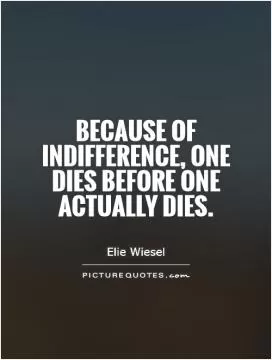I do not recall a Jewish home without a book on the table

I do not recall a Jewish home without a book on the table
Elie Wiesel, a renowned Jewish writer, professor, and Holocaust survivor, once famously said, "I do not recall a Jewish home without a book on the table." This simple yet profound statement encapsulates the deep-rooted tradition of learning and intellectual curiosity that has been a hallmark of Jewish culture for centuries.Wiesel himself was a living embodiment of this tradition. Born in Sighet, Romania in 1928, he grew up in a household where books were revered and reading was considered a sacred act. His father, Shlomo, was a respected Jewish scholar and bookstore owner, and he instilled in his son a love of learning and a passion for literature from a young age. Wiesel's home was filled with books on a wide range of subjects, from religious texts to works of philosophy, history, and literature. These books served as a gateway to the world beyond the confines of his small town, and they inspired Wiesel to pursue a life dedicated to the pursuit of knowledge and truth.
Wiesel's experiences during the Holocaust only deepened his appreciation for the power of books and the written word. As a teenager, he was deported to Auschwitz and later Buchenwald, where he witnessed unspeakable horrors and suffered unimaginable loss. Throughout his ordeal, Wiesel clung to his faith and his love of literature as sources of strength and solace. After the war, he dedicated himself to bearing witness to the atrocities he had seen and to ensuring that the memory of the Holocaust would never be forgotten.












 Friendship Quotes
Friendship Quotes Love Quotes
Love Quotes Life Quotes
Life Quotes Funny Quotes
Funny Quotes Motivational Quotes
Motivational Quotes Inspirational Quotes
Inspirational Quotes